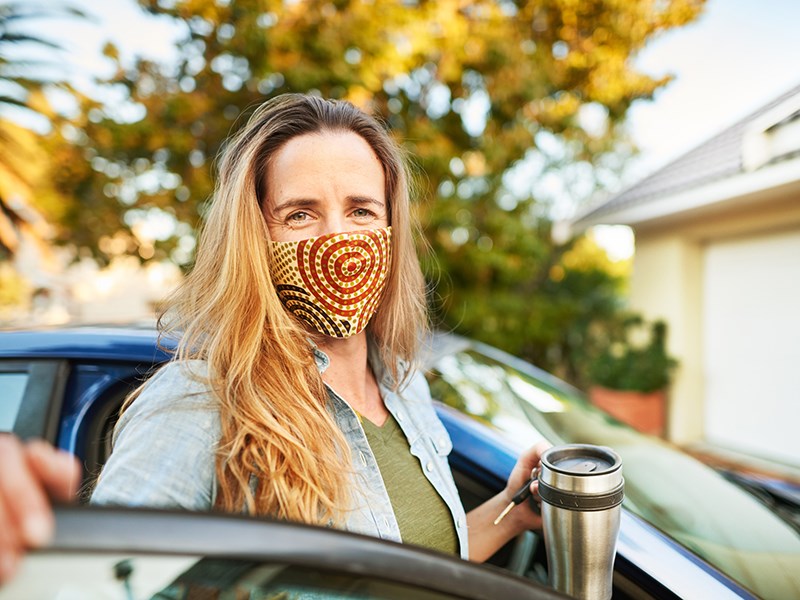Whether you’ve written it down, declared it from a mountaintop, or simply quietly contemplated some new year’s resolutions, there is a good chance you’ve been reflecting on the year that was and considering what you’d like the next turn of the wheel to look like.
True, much that has been on our plate isn’t necessarily what we thought we’d ordered in 2020. Still, there are some changes many of us consider this time of the year that are more in our control, and why not? It’s the dark of winter with storms a plenty and we may have more time to make small tweaks in our lives that redirect our ship over the long haul.
One goal on many of our lists might be related to improving our commitment to wellness in all its forms. Perhaps surprisingly, changing our relationship with plastic can result in better health for our bodies as well as the planet.
Resolving to reduce our dependence on single-use plastic revolutionizes our eating habits for one. Instead of sugary drinks in disposable cups, we may convert to nourishing tea kept hot in an insulated travel mug. Rather than vending machine snacks, we indulge in energizing nut bars made in a flash at home. Heavily packaged takeout food is replaced with more fresh-ingredient, home-cooked meals.
Bringing our own containers or buying in bulk to reduce our plastic intake often means more whole foods are on the menu – dried nuts and fruit and unprocessed grains and beans move to the top of our meal planning list. Farmers’ markets and shops specializing in local food tend to have much less packaging involved along with fresher more wholesome ingredients. Not only is there less transportation involved, but we are eating more “in season” and getting more in touch with the land that sustains us.
Despite health and safety restrictions resulting from the global pandemic, Vancouver Coastal Health protocols still allow for reusable mugs, so don’t be shy to enquire at your favourite café. Be sure your mug is sanitized and know that it is still at the discretion of each store to determine what they can navigate safely.
Most restaurants request that guests pack leftover food themselves, rather than having this done by staff. A great plastic free solution to this packaging is to tote a small reusable container that you can fill.
Reusable cutlery kits are also a big plastic free win. Toss one in the car, your bag, or your kid’s lunch kit tonight. Be sure to rinse them soon after use to avoid “ick” factor later. Chopsticks, apparently, help reduce our calorie intake, if that is something on your resolution list.
It doesn’t take much to start the year off one step closer to zero waste, and the bonus of small shifts in our dependence on plastic is often better health overall.
Let’s Talk Trash is qathet Regional District’s waste-reduction education program. For more information, email [email protected] or go to LetsTalkTrash.ca.



